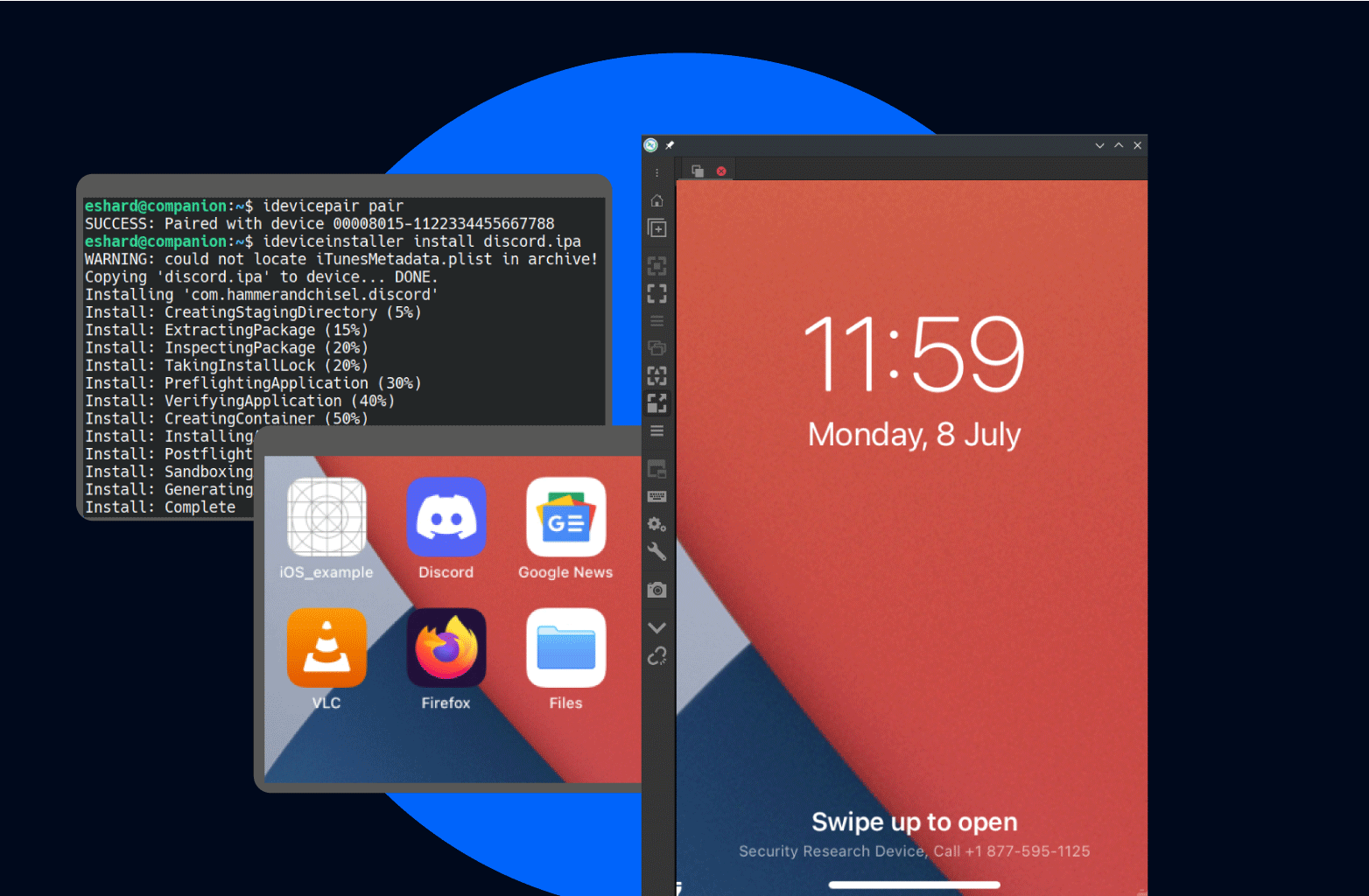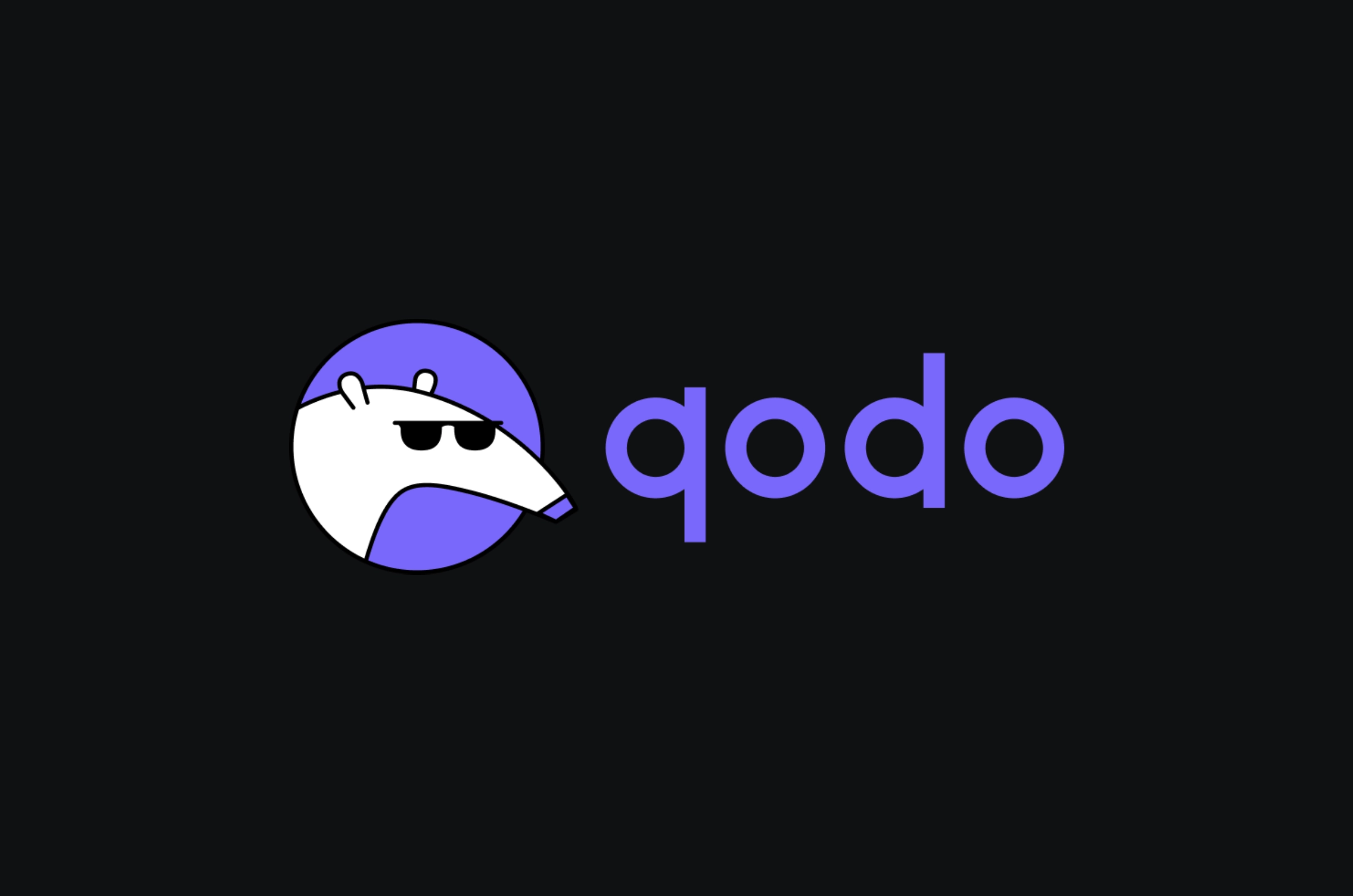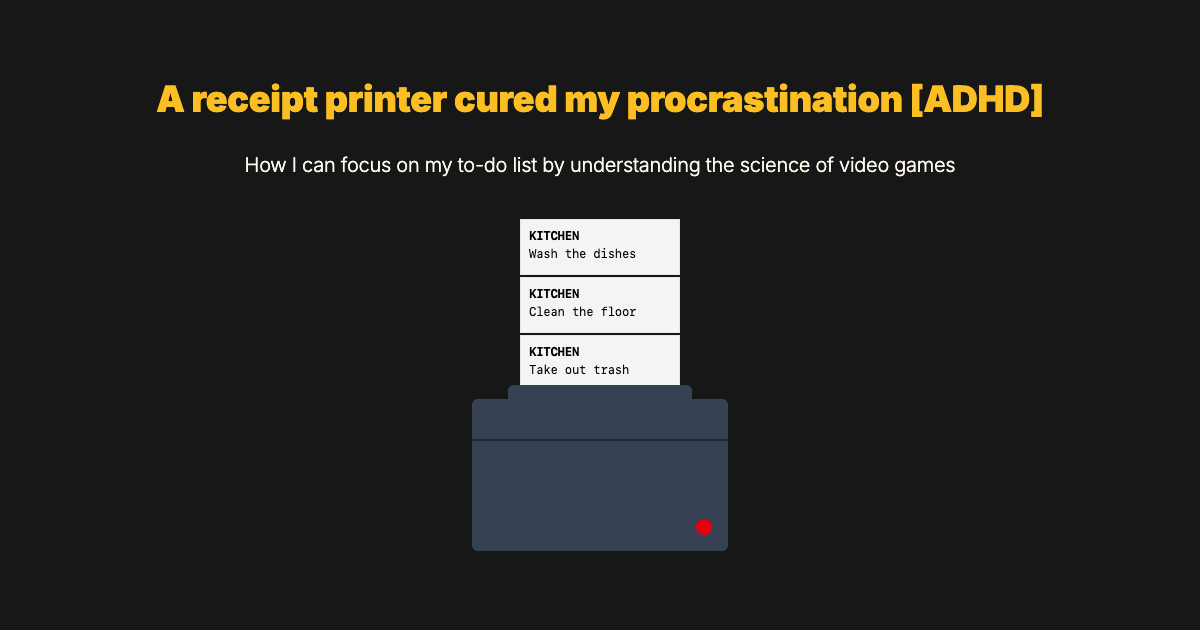Google Kills Off Android Instant Apps

Google is sunsetting its Android Instant Apps feature in December 2025. This feature allowed users to try parts of an app without a full installation from the Play Store. Low developer adoption is the likely culprit, as creating the smaller, instant-enabled app versions required significant effort. While designed to improve user experience by offering faster app access and reduced storage needs, the high development overhead proved unsustainable.












